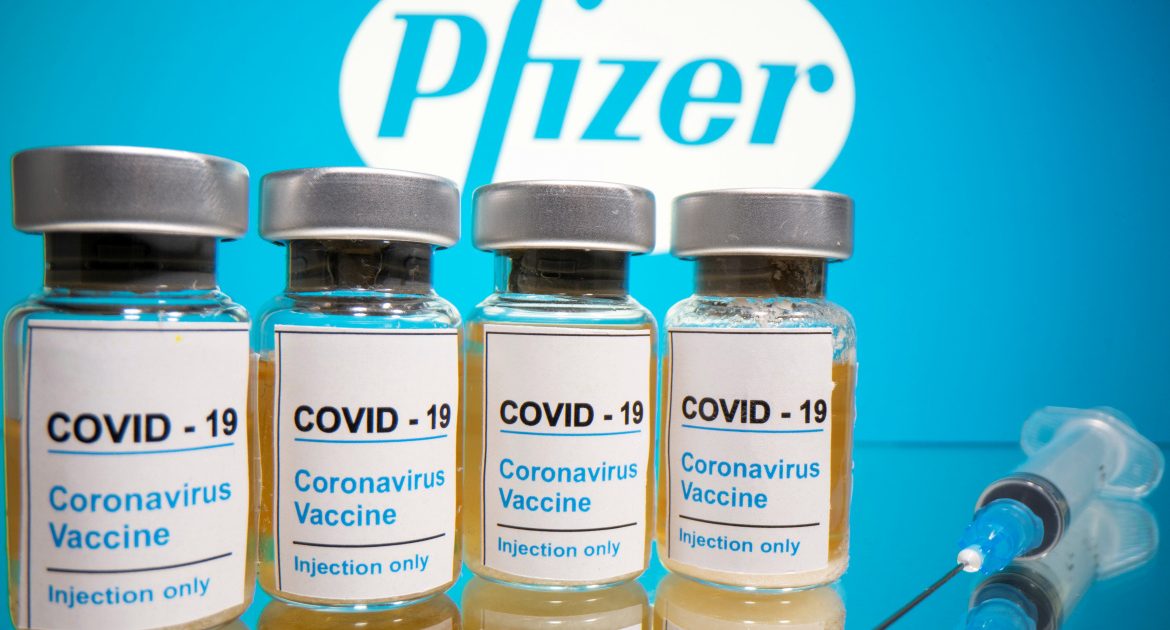Pfizer and BioNTech say documents related to their development of a COVID-19 vaccine have been “illegally accessed” in a cyberattack on a drug regulator in Europe.
US pharmaceutical company Pfizer and its German partner BioNTech said on Wednesday that documents related to developing a COVID-19 vaccine had been “illegally accessed” in a cyberattack on a pharmaceutical regulator in Europe.
The European Medicines Agency (EMA), which is responsible for evaluating and approving medicines and vaccines for the European Union, said hours ago, it had been targeted in a cyberattack. No further details were provided.
Pfizer and BioNTech said they do not believe any personal data of trial participants has been compromised and that EMA “has assured us that the cyber attack will not have any impact on the schedule for its review.”
It was not immediately clear when or how the attack took place, who was responsible, or what other information might have been compromised.
A BioNTech spokeswoman declined to comment. Pfizer did not immediately respond to a request for further comment.
The two companies said they were informed by the EMA that “the agency has come under a cyberattack and that some documents related to the regulatory submission of Pfizer’s and BioNTech’s COVID-19 vaccine candidate … have been accessed illegally.”
They added, “No BioNTech or Pfizer systems have been compromised in connection with this incident and we are not aware that any study participant has been identified through the data accessed.”
The development of Pfizer-BioNTech is among the best competitors in a global race to roll out a vaccine for COVID-19. It is already being administered in the United Kingdom, which last week gave approval for the vaccine for use in emergency situations.
 Hacking attempts against healthcare and medical institutions intensified during the COVID-19 pandemic [File: Kacper Pempel/Illustration/Reuters]
Hacking attempts against healthcare and medical institutions intensified during the COVID-19 pandemic [File: Kacper Pempel/Illustration/Reuters]
But the Pfizer-BioNTech vaccine is still being studied by the European Union. The EMA said it would complete its review by December 29, although it said its timeline could be subject to change.
The EMA gave few details about the attack in its previous statement, only saying that it was investigating the incident with the help of law enforcement.
“The EMA cannot provide additional details during the investigation.” “More information will be provided in a timely manner,” it said in a statement.
Hacking attempts against healthcare and medical institutions intensified during the COVID-19 pandemic, as attackers scramble from state-backed spies to cybercriminals for the latest information on the outbreak.
Reuters news agency previously documented how pirates linked to North Korea, Iran, Vietnam, China and Russia have on separate occasions accused of trying to steal information about the virus and its potential treatments.





